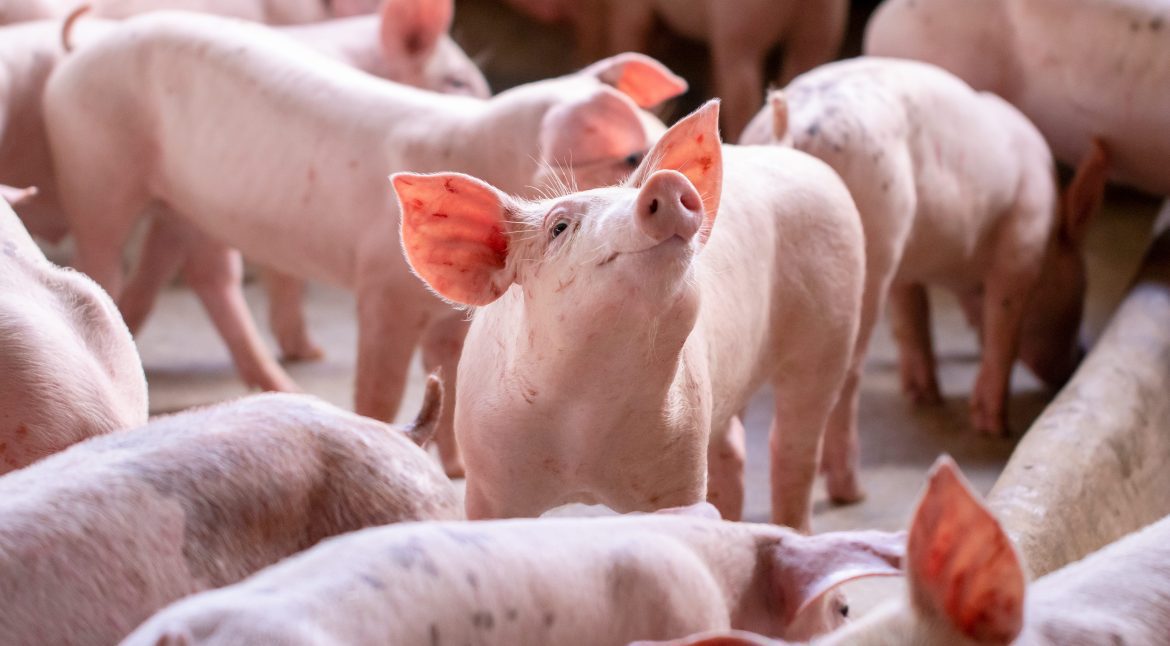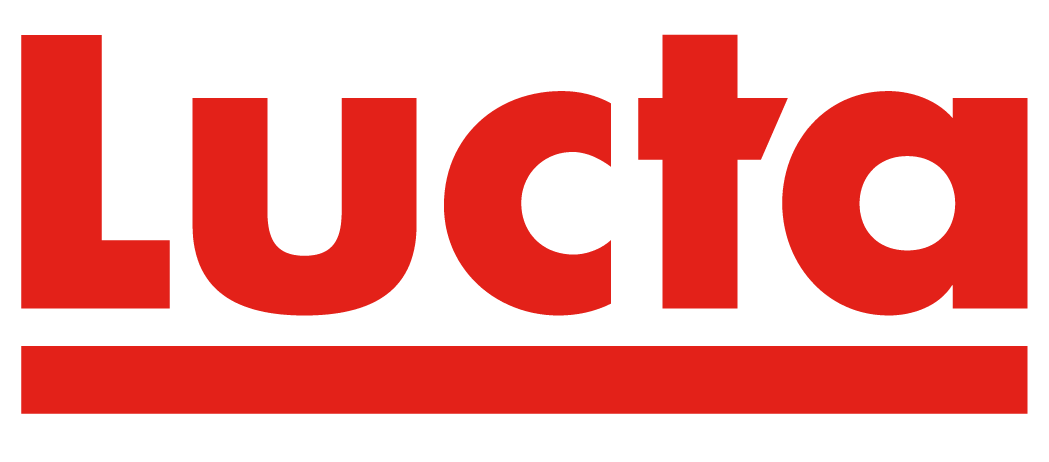The impending EU ban on using high ZnO levels (3,000 ppm) in weanling pig diets has accelerated the search for alternative solutions aiming to prevent post-weaning diarrhea while maintaining piglet performance in the nursery period. A standardized olive pomace extract (PE1, recommended dose: 0.25%), with anti-inflammatory properties, and a rosemary extract (PE2, recommended dose: 0.06%), with antioxidant and anti-inflammatory properties, were evaluated as alternatives. The aim of this study was to evaluate the PE1 and PE2 plant extracts and their optimal dose in a dietary strategy without high ZnO levels. The study, conducted at ILVO (Melle, Belgium) consisted of 480 piglets allotted to one of eightdietary treatments at 12 pens per treatment (5 piglets/pen) from weaning (21 d of age) to 35 days
after weaning. Dietary treatments were fed during the first 2 weeks followed by a common diet
given for another 3 weeks. Dietary treatments were as follows: (1) negative control (150 ppm ZnO;
NC), (2) positive control (3,000 ppm ZnO; PC), (3) PE1 at 0.15% (PE1-0.15), (4) PE1 at 0.20%
(PE1-0.20), (5) PE1 at 0.25% (PE1-0.25), (6) PE2 at 0.020% (PE2-0.02), (7) PE2 at 0.040% (PE2-
0.04), and (8) PE2 included at 0.060% (PE2-0.06). Data on body weight (BW), BW gain (DG),
feed intake (FI), and gain to feed ratio (G:F) were collected and analyzed by a mixed model with
treatment, phase, and their interaction as fixed effects Piglets fed high ZnO showed significantly improved growth performance and G:F relative to the
negative control, followed by piglets fed with standardized olive pomace extract at 0.25% (PE1-
0.25) which also showed numerically higher performance to the negative control in weeks 5-8
(carry-over effect).

Autores: Hulsof, T.G., Pastor, J.J.; Tedó, G.; Aluwé, M.; Jaworski, N.J.
Libro/Revista: Zero Zinc Summit 2022
